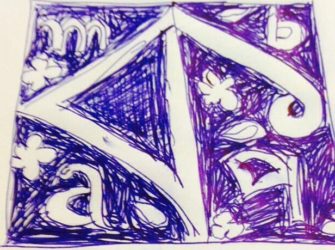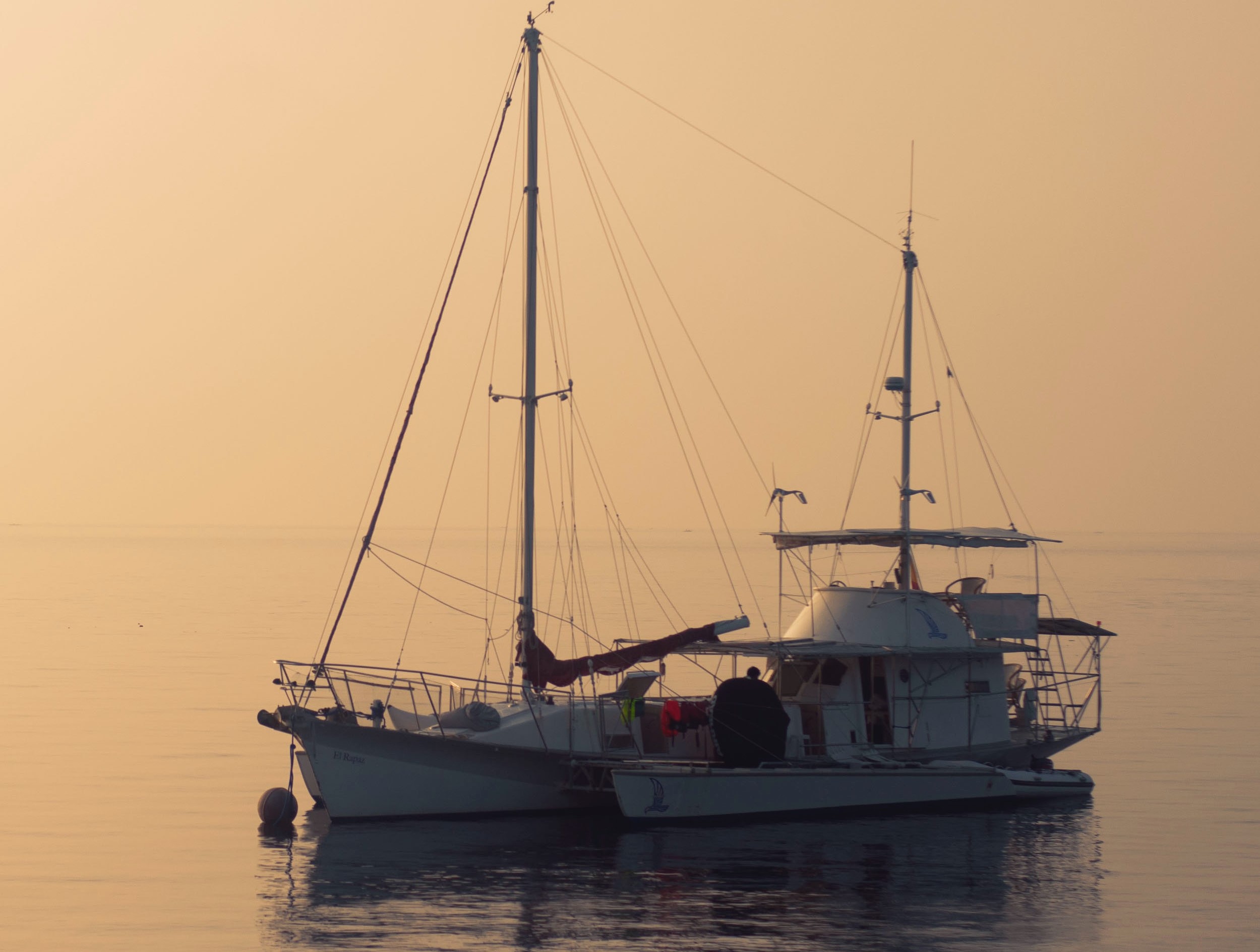The film Ship of Theseus set me thinking, as, I think, it was intended to. The main conundrum on which the film is based is: does a ship with all its parts replaced remain the same ship? This concept has been beautifully explored in the modern day context by Anand Gandhi in this riveting film.
Wikipedia informs us that Plutarch in late first century had recorded the query about the Ship of Theseus. The ship wherein Theseus and the youth of Athens returned from Crete had thirty oars, and was preserved by the Athenians down even to the time of Demetrius Phalereus, for they took away the old planks as they decayed, putting in new and stronger timber in their places, in so much that this ship became a standing example among the philosophers, for the logical question of things that grow; one side holding that the ship remained the same, and the other contending that it was not the same. Heraclitus and Plato had also apparently discussed this paradox prior to Plutarch.
In the same vein, I started thinking, can any of us claim to be ‘me’, ‘myself’ as we are going through time? Ever since we have been conscious of our thoughts, ever since we have had a sense of self or identity, if one thing is constant, that is perhaps, change. Even those who do not change much outwardly, inevitably change and often imperceptibly so, as they pass from childhood to teens to youth to etc. etc. Who knows if we are possibly changing each second, each nano-second, as this universe buffets us around in its complexity of events and time processes us through its tunnel?
Then who do I call ‘me’? ‘Me’ consists of a myriad ‘me’s as if a series of images are flitting with great speed one after another. These are the ‘memories’ that I carry within myself of who I was as a child, as a youngster,..and so on. Even these memories are getting shaped and changed by perspective shifts as the tunnel of time grows longer and my vision of life keeps changing shape. Thus even the concept of the ship as applied to us seems wobbly. As the ship stands, and its wooden panels get changed by the seasons, by the rain and the wind and the sun, even if the planks are not replaced, can we say that the same ship has been standing for all this time?
In another parallel vein, what if we think of our work, our family, our homes,…etc.? As someone dabbling in economics, let me start with something called projects, many of which may involve conducting surveys. A project has many actors at various stages: The project design may come from funders or from the proposal maker. In the former case, they are one and the same while in the latter they are separate entities. There are those who co-ordinate and execute the project and perhaps make decisions/change design somewhat as the project goes along, as the need requires. They frame the questionnaires and train people to conduct the survey, which is where the actual point of contact with the respondents come.
As we go down to the micro levels, the distance between those who have conceived of the project and those who are gathering the ground level information may grow. Next comes processing of data which may involve another set of people and then report preparation or presentation of results by the project managers. In the end the report is submitted to the funders. In case they are also the project designers, to what extent can one say that it is their report given all the layers of inputs? Does just the idea decide or do the funds decide or does the execution decide ‘whose’ project it is? Even when it proclaimed a ‘joint’ work, usually primary ownership rests with one set of actors, which is often the funders. Compared to a simpler era where a researcher would probably undertake most steps herself for a small project, large projects entail replacement of her role by various actors till it is not clear whether there is at all a one-to-one correspondence between the researcher’s idea and the results. While clearly scaling up of any activity and its execution would often need replacing several panels on a ship, sometimes, at least in the realms of economics, is there a danger of losing touch with the original idea? Does the original ship of the idea still stand or is there a vastly transformed ship in its place?
In the above context, are the reins increasingly slipping into the hands of the funders and the managers away from the ideator and the actual worker?
In a different milieu, as I look towards our homes, in the urban context, other thoughts surface. Women and men juggle many roles, wear many hats and there is, as for projects, a steady farming out of work to others as disposable income increases with the husband/wife being in the overall role of manager. It may be the household chores, the cooking, the childcare, the child’s education, the care for the elderly, the maintenance of the house, the maintenance of the car and other vehicles, the walking of the dog, the feeding of the pets, and so on. To what extent does it remain ‘our’ home, ‘our’ children, ‘our’ parents, grandparents and so on? Without regular interaction, live touch, is this ship the same as it is in our mind?


